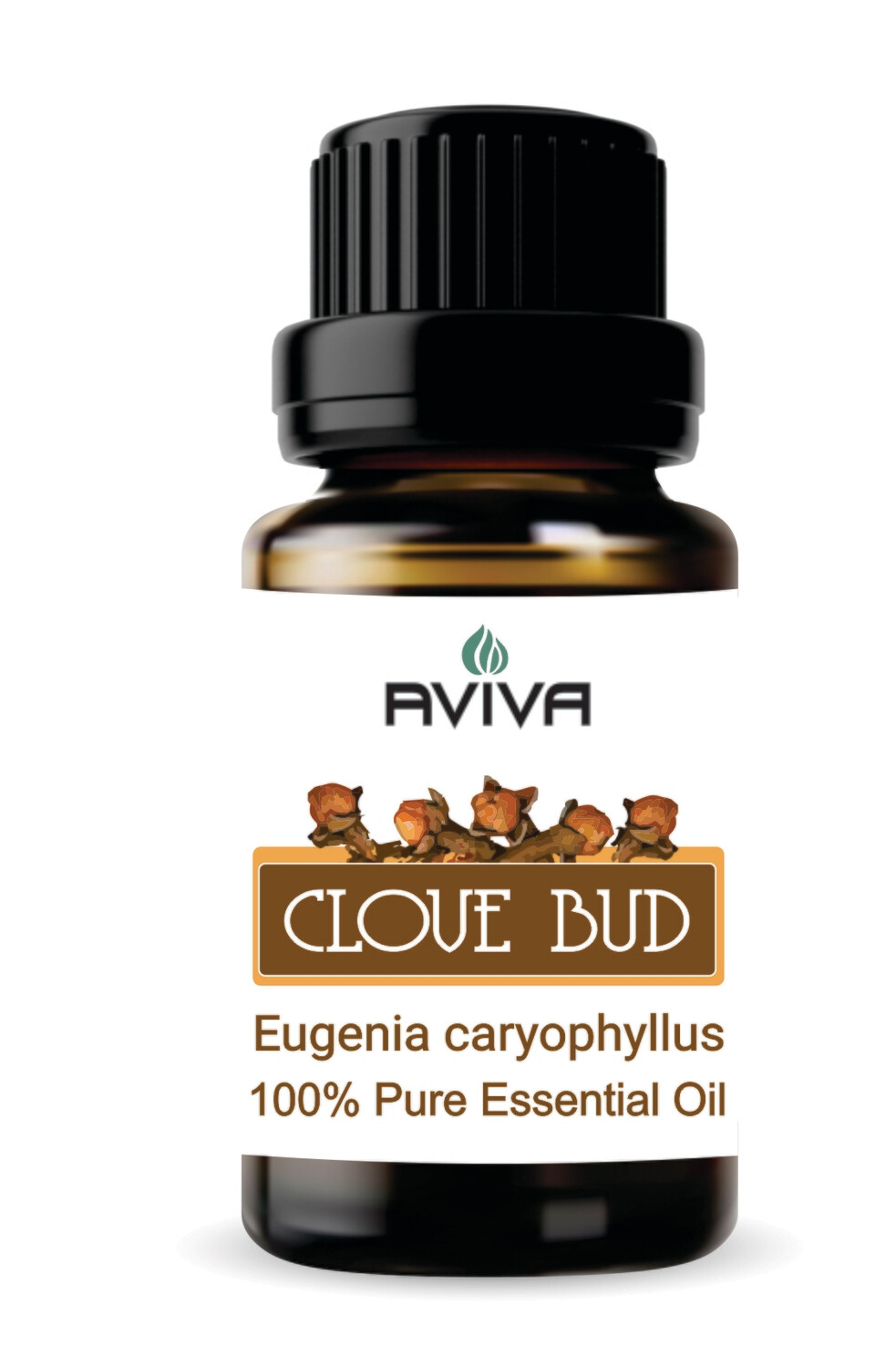Clove Bud
R59.00
Price incl. V.A.T. (15%) R7.70
Antiviral, Antibacterial
Select the Size
In stock
Save this product for later
Clove Bud
5.0
1 review
Reviews from verified customers who have purchased products at this store.
Product Details
Clove bud oil is an essential oil extracted from the flower buds of the Syzygium aromaticum tree, native to Indonesia. It is known for its warm, spicy, and rich aroma, making it a popular choice in aromatherapy, personal care products, and traditional medicine.
Key characteristics and uses of clove bud oil include:
1. Aromatic Properties: Clove bud oil has a distinct and powerful scent, characterized by its warm and spicy aroma. It is often used in perfumes, candles, and potpourri for its rich fragrance.
2. Therapeutic Benefits: Clove bud oil is renowned for its potential therapeutic properties. It is believed to have antibacterial, antifungal, and antiviral properties. In traditional medicine, it has been used for dental care, providing relief for toothaches and oral discomfort.
3. Pain Relief: Due to its eugenol content, clove bud oil is often used topically for its analgesic (pain-relieving) properties. It may be diluted and applied to the skin to help alleviate muscle aches, joint pain, and headaches.
4. Antimicrobial Properties: Clove bud oil is known for its strong antimicrobial properties. It has been used as a natural preservative in some products and is believed to help fight off certain types of bacteria and fungi.
5. Aromatherapy: In aromatherapy, clove bud oil is used to create a warm and comforting atmosphere. Its scent is often associated with feelings of coziness and relaxation.
6. Culinary Uses: In trace amounts, clove bud oil can be used in culinary applications, particularly in spice blends, baked goods, and mulled beverages. It adds a warm and spicy flavor to dishes.
It's important to note that clove bud oil is highly concentrated and potent, so it should be used with caution. Before applying to the skin, it is recommended to dilute it with a carrier oil. Additionally, pregnant women, nursing mothers, and individuals with certain health conditions should consult with a healthcare professional before using clove bud oil.
Customer reviews on “Clove Bud”
Reviews only from verified customers
Reviews are only accepted from verified customers who have signed in and purchased the products. This ensures that each review is based on genuine customer experiences. All reviews are checked before publication to prevent spam.
5.0
Nadine v.
Montagu,
South Africa
Nov 19, 2025
This customer didn’t leave a review but rated the product.
Display prices in:ZAR

